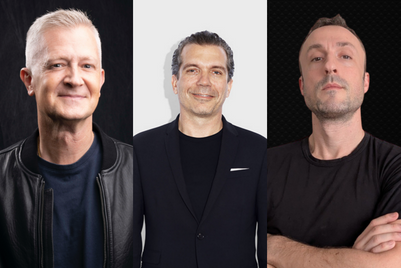
1. The size of the prize.
The global Muslim community, the ‘Ummah’ is huge – nearly 1.8 billion people around the world. The majority of those people are in Asia, particularly South and East Asia. It’s also a very young demographic – 52 per cent are under 24 years old. Author Vali Nasr has described this as ‘the third one billion market’ after China and India. However it has been widely neglected and has massive economic potential.2. Don’t believe stereotypes.
Modern Muslims are going through a major period of re-assessment of their relationships with religious structures, cultural assumptions, authority, consumption and technology. This can be quite confusing for observers. A move towards conservatism in dress, for example, does not imply a rejection of hi-tech lifestyle items. They are often highly technically literate but at the same time do not see accepting Western technology as a reason to accept ideas they see as wrong.
3. Tokenism doesn’t work.
Stamping products as Halal or Shariah-compliant is not enough. In fact our research shows that despite all the investment in Shariah banking, finance is seen as the least trusted category. Muslim consumers are highly interested in the authenticity and provenance of brands and the companies behind them. Their trust is therefore difficult to win, but once achieved is likely to be deeper.4. It’s an open market.
You don’t have to be Muslim to be Shariah. Only 10 per cent of Muslim consumers cite manufactured for Muslims only as an important attribute when selecting brands. Ethics and business practice are perceived as more important.
5. Engage strongly, but carefully.
The Muslim community is very open to marketers who seek their custom, so long as they feel it is done sincerely and honestly. However they are also fiercely protective of their religion and its culture, and very unforgiving to marketers who make mistakes or are seen to be hypocritical in their standards. There are many cases of bad errors in packaging, promotion and business practice. Once a bad reputation is earned, it is very difficult to throw off.Got a view?
Email [email protected]


.jpg&h=334&w=500&q=100&v=20250320&c=1)


.png&h=334&w=500&q=100&v=20250320&c=1)




.png&h=334&w=500&q=100&v=20250320&c=1)



.jpg&h=268&w=401&q=100&v=20250320&c=1)

.png&h=268&w=401&q=100&v=20250320&c=1)


